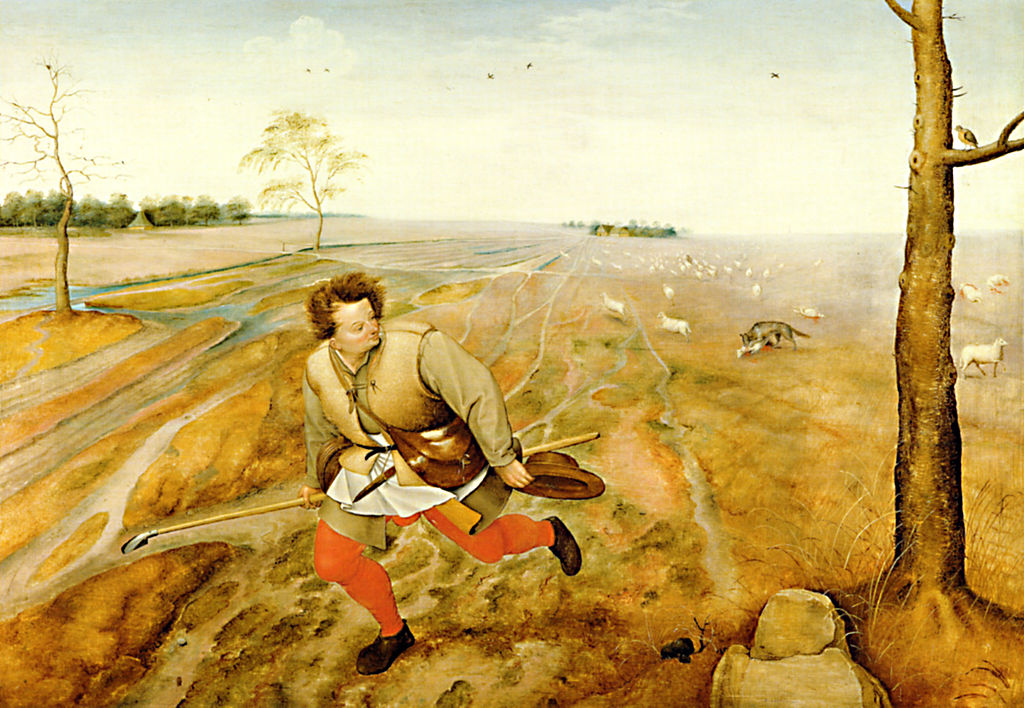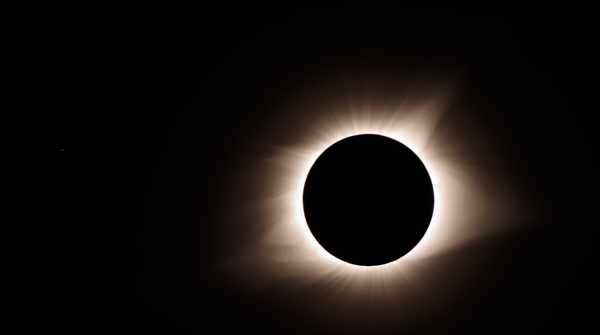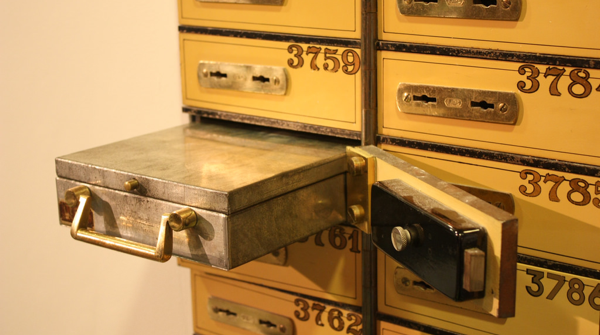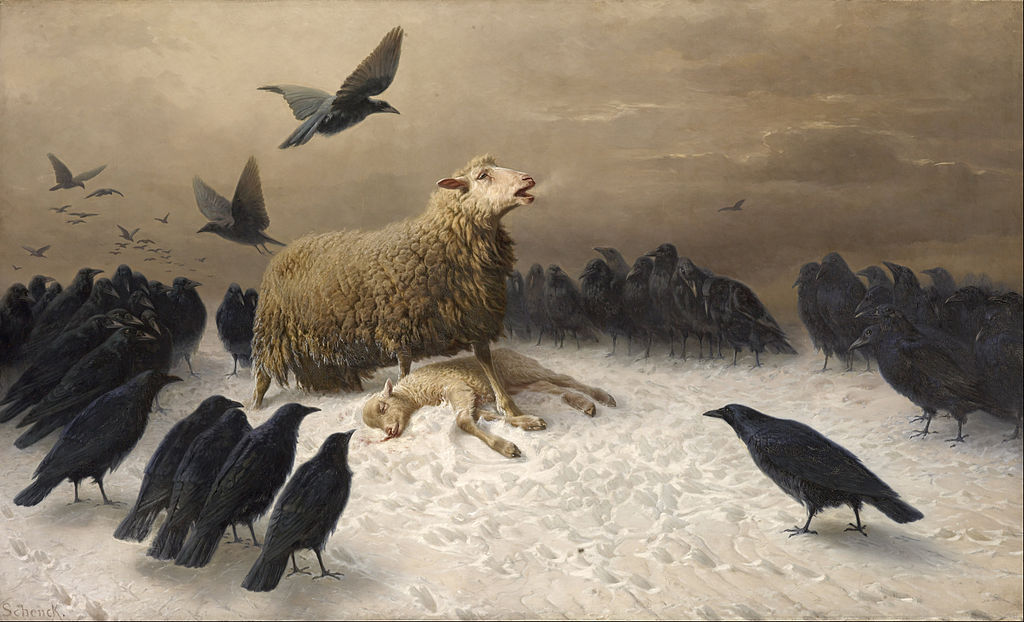A chance encounter led me to want to post about my evolving views on education as essential public infrastructure. Thanks to a tweet by Sara Goldrick-Rab, I was led to an article by someone I’d never read, Corey DeAngelis, Policy Analyst at the Cato Institute: “Is Public Schooling a Public Good? An Analysis of Schooling Externalities”. If I were not already thinking about education as public infrastructure, I probably would have walked away from this article given all its issues (which I’ll end up addressing, like it or not) and the futility of engaging such polemical works. Yet so much sprang out of my reading of DeAngelis and the other works it led me to that I feel compelled to write, if only to set out some thinking on education as public infrastructure to build on later.
OKP
Opening knowledge practices (OKP) is what we are calling the effort to enable people, when they are engaged in acquiring, generating and sharing knowledge as students, teachers, researchers, scholars, and librarians, to develop and demonstrate (agencies) themselves (identities), their understanding (literacies), their skills, and their connections to other people (communities) throughout their lives for their own benefit, for the common good, and to participate in a just and sustainable society.
Learn more about OKP in my inaugural post and in the posts collected below, listed in reverse chronological order.
Caring for OER
This is the beginning of a post I’m researching on the CARE Framework using a workflow that includes Zotero to record and display reference information and Hypothesis to record and display notes.
As I haven’t drafted any content yet, so far this post just displays the references and notes I’ve already collected.
Random Encounters: Thinking Beyond the Totality
This post involves a bit of Frankenstein thinking, because two — seemingly unrelated — posts I came across recently made connections for me. Let’s see if I can explain why I think they’re connected. TL;DR: While I have gigantic respect for both authors of these posts, I think both ask us to view things too generally, without paying attention to details that matter.
From 5R Permissions to 5R Practices
I’ve been working with open resources for some time and have recently wanted to make a profound shift in the way I think about open permissions, or “the 5Rs” (Retain, Reuse, Remix, Revise, Redistribute) as they are known. TL;DR: Let’s move away from thinking of the 5Rs as qualities of artifacts and instead think of them as tools we use in the activities of opening knowledge practices.
Opening Public Institutions
While every Open Education conference I’ve attended has been fantastic, #OpenEd17 was by far the best yet for me. It wasn’t just that there were great presentations (there were), and it wasn’t just that so many great people were there (they were, tho some were missing), nor was it the way we connected beyond the event (we did) via Virtually Connecting, the remote participation during the How can we destroy the open education movement? session, or what we hope is a way to keep the conversations going annotating together. What made #OpenEd17 so great was the way that the conference, some fortuitous conversations, and my own thinking came together so powerfully in a way they never have before.
Opening the Citizenship Commons
As a part of participating in the #OpenEdMOOC, we’ve been asked to reflect on copyright, the public domain, and the commons and I’m inspired to link these topics to the thinking I’ve been doing on opening knowledge practices (OKP).
One of the fundamental assumptions I’ve been making is that OKP must be centered in public institutions like schools, colleges, universities, research groups, libraries, and maybe in some cases, nonprofits. Why? Because — at least in the US — only public institutions have both the track records to house persistent practices and are mostly aligned with the values that infuse OKP — in their missions if not always in their practices. For-profit, commercial organizations may certainly make invaluable contributions to OKP, but have not shown themselves to have the lifespans nor sufficient alignment with OKP values to be primary stewards.





